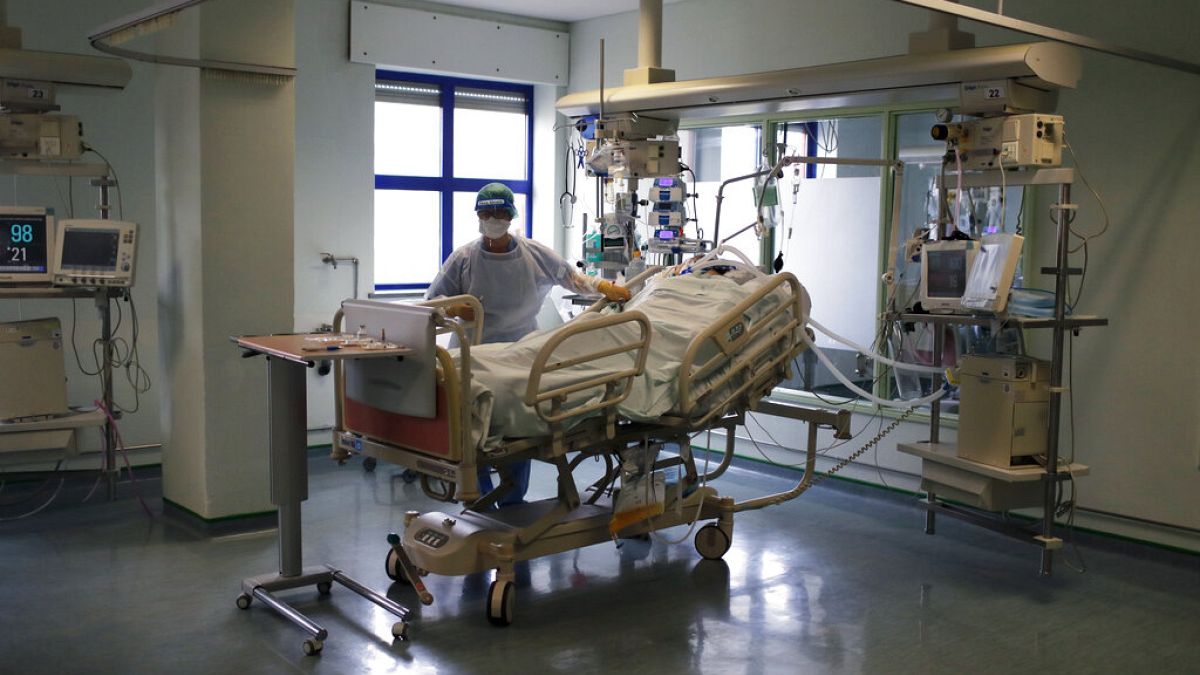Ukrainian doctors in Portugal are struggling to integrate into the healthcare system due to language barriers. Despite initial promises of support, around 50 Ukrainian doctors, mostly women, have not received the necessary assistance to learn Portuguese. Carlos Cortes, president of the Portuguese Medical Association, expressed concern over the lack of support and the failure to implement proposals to help these doctors join medical teams. The Ministry of Health has been urged to make policy changes to prevent foreign doctors from being prevented from practicing due to language challenges.
The Portuguese Medical Association data show that there has been an increase in the number of foreign doctors practicing in Portugal, with Ukrainians making up 3.9% of the total. Bureaucratic hurdles are also a major obstacle for Ukrainian doctors in accessing professions in the EU. In Germany, stringent qualification recognition requirements make it difficult for foreign doctors, including Ukrainians, to start practicing. The country faces a shortage of doctors, with projections indicating a shortfall of 50,000 doctors in the coming years. The lengthy accreditation process is a significant challenge for foreign professionals in obtaining full accreditation to practice in Germany.
In Ireland, Ukrainian doctors encounter obstacles in mastering English and navigating the Medical Council registration process, which they describe as lengthy. The World Health Organization has warned of a healthcare professional shortage in Europe, with challenges faced by foreign doctors in various countries. While language barriers are the primary issue for Ukrainian doctors in Portugal, qualification recognition is the key challenge in Germany. Efforts are being made in both countries to address these barriers and support foreign medical professionals in integrating into the healthcare system.
The situation in Portugal highlights the importance of providing language support and integration programs for foreign doctors to ensure their successful integration into the healthcare system. The failure to implement promised support for Ukrainian doctors underscores the need for proactive measures to facilitate the practice of foreign medical professionals. As the number of foreign doctors in Portugal continues to rise, it is crucial to address the challenges they face in accessing professions and overcoming language barriers.
In conclusion, language barriers and bureaucratic hurdles are significant challenges faced by Ukrainian doctors seeking to integrate into the healthcare systems of European countries such as Portugal, Germany, and Ireland. Efforts are being made to address these issues and support foreign medical professionals in overcoming these obstacles. By implementing language support programs and streamlining qualification recognition processes, countries can facilitate the integration of foreign doctors and address the healthcare professional shortage in Europe. It is essential to prioritize the well-being of both foreign doctors and patients by ensuring a smooth and efficient integration process for all healthcare professionals.










